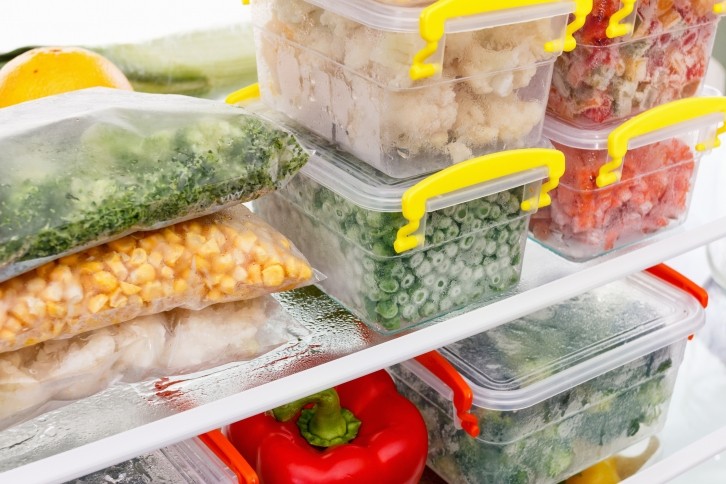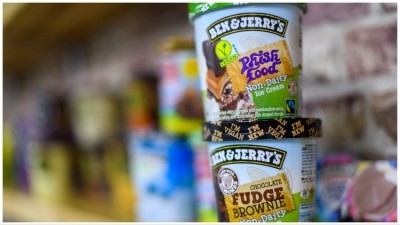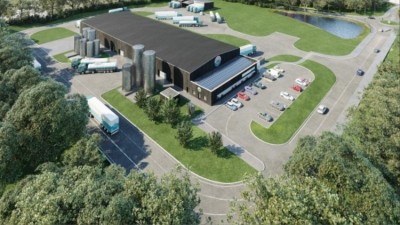News
Temperature increase improves sustainability of frozen foods

A study by Campden BRI and led by manufacturer Nomad Foods found that increasing the temperature of frozen foods by just 3°C could reduce freezer energy consumption by more than 10%.
Nomad said the results of the 12-month study further validated the notion that storing frozen food at -15°C, instead of the industry standard -18°C, can reduce freezer energy consumption without any noticeable impact on product safety, texture, taste or nutritional value.
Emma Hanby, associate director at Campden BRI, said: “Our study has comprehensively demonstrated that frozen food producers can safely increase their freezer temperatures to -15°C without compromising the quality and safety of their products. I commend Nomad Foods for leading this study and sharing the findings for the benefit of the whole frozen food sector.”
Studies were carried out on nine frozen savoury products – including poultry, coated fish, natural fish, vegetables, plant-based foods and pizza – which were stored at temperatures ranging from -18°C to -9°C. Researchers then measured the products against eight key areas, including food safety, texture, nutrition, energy use and packaging impact.
Impact on vegetables
Results showed no significant change to the products at -15°C, albeit for -12°C and -9°C there was a drop in Vitamin C for vegetable products and some changes in sensory performance.
Stéfan Descheemaeker, Nomad Foods’ chief executive, said: “Frozen food already compares very well against alternatives in terms of carbon footprint. Our study shows there is potential to further reduce energy consumption and carbon emissions when storing or transporting frozen food, with just a simple temperature change.
“We are working to establish an industry alliance to put these findings into action and, hopefully in time, deliver widespread change. Clarence Birdseye created a new industry and we are very proud to keep improving on his inspiring legacy.”
'Significant step forward'
The British Frozen Food Federation (BFFF) hailed the Nomad Foods study as a significant step forward for the frozen industry and its ability to become more sustainable.
Chief executive Rupert Ashby added: “We know that warming up the storage temperature of frozen food by just a few degrees could significantly impact carbon emissions, reduce energy consumption, and improve our bottom lines. Such a small change could be an exciting step towards a more sustainable and environmentally friendly industry.
“Frozen food reduces waste, preserves nutrition, and needs no additives. It's already a great option for foodservice and retail sectors, as well as for consumers at home. We need the industry to join forces and see what can be achieved to secure the next 100 years of success for frozen food.”















